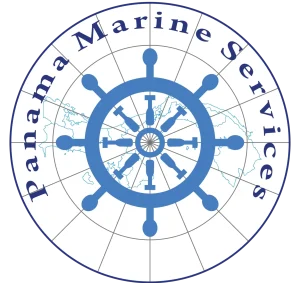Full Shipowners and Chartering Matters
In the complex world of maritime commerce, shipowners and chartering play crucial roles. Understanding these roles, the nuances of charter agreements, and the legal implications involved is essential for anyone involved in the shipping industry.
Shipowners are the backbone of maritime trade, owning and operating vessels that transport goods across the globe. Their responsibilities extend beyond mere ownership, encompassing the maintenance, crewing, and management of ships to ensure safe and efficient operations.
Navigating the intricacies of shipownership and chartering requires a deep understanding of maritime operations, legal frameworks, and market dynamics. By mastering these elements, stakeholders can optimize their maritime activities, ensuring efficient and profitable ventures.
For more detailed guidance or specific inquiries on shipowners and chartering matters, please contact our expert team.
Full Shipowners and Chartering Matters
In the complex world of maritime commerce, shipowners and chartering play crucial roles. Understanding these roles, the nuances of charter agreements, and the legal implications involved is essential for anyone involved in the shipping industry.
Shipowners are the backbone of maritime trade, owning and operating vessels that transport goods across the globe. Their responsibilities extend beyond mere ownership, encompassing the maintenance, crewing, and management of ships to ensure safe and efficient operations.
Navigating the intricacies of shipownership and chartering requires a deep understanding of maritime operations, legal frameworks, and market dynamics. By mastering these elements, stakeholders can optimize their maritime activities, ensuring efficient and profitable ventures.
For more detailed guidance or specific inquiries on shipowners and chartering matters, please contact our expert team.
